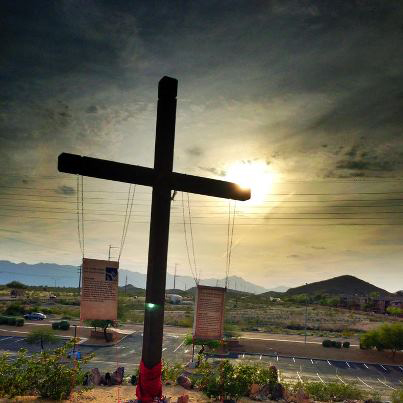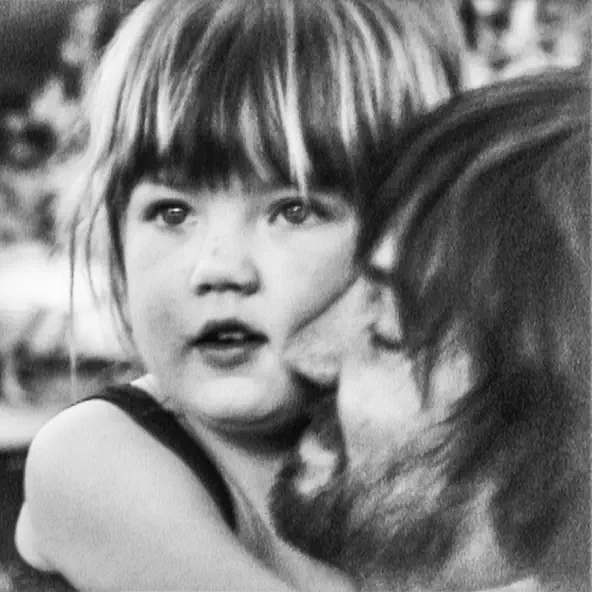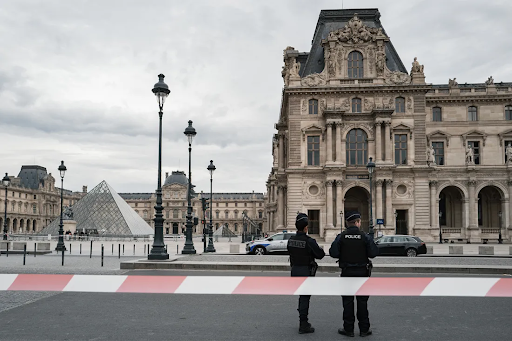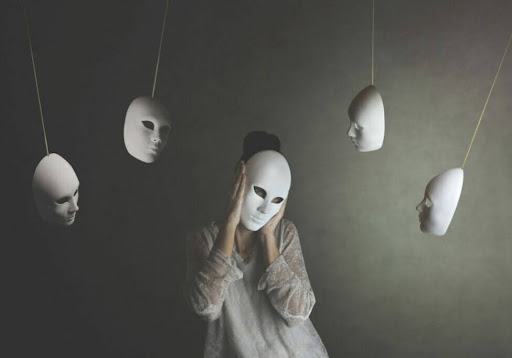
A recent survey by the Pew Forum on Religion and Public Life has found a decline in the number of people who practice religion. From 1991 to 2000, believers of all faiths were at a consistent increase, but that’s declined in recent years. Now one in five Americans now claim to be agnostic, atheist, or have no religion. The current percentage of people in the United States who have no religion is 15 percent; in 1973 it was only 7 percent. According to the Pew Research Center, which is a research organization focused on religion in America, said one third of people ages 18 to 22 are religiously unaffiliated, replacing the past generation of believers. In the United States, “…the largest single faith group is Catholics, who make up about 22 percent of the population. Their numbers have held steady, mostly because an influx of immigrants has replaced the many Catholics who were raised in the church and left in the last five years,” said Mr. Gregory A. Smith, a senior researcher at the Pew Forum. Phil Zuckerman, a professor of sociology and secular studies at Pitzer College in Southern California, has another view. He commented, “The significant majority of the religiously unaffiliated tend to be left leaning, tend to support the Democratic Party, support gay marriage and environmental causes.” The age group and political ideology of non believers are thought to be the leading influence in their lack of religious affiliation.
In my life, my family is very involved with our church. I like being involved, but not to the extent that my parents are. I think it can be very hard for church to affect you in a negative way unless it is forced. Even if it isn’t forced, it can still be dreaded or disliked which is okay. I think that our generation is changing. For example, my parents don’t attend church as frequently as my grandparents. Would it be uncommon if we don’t show up as much as our parents? People now are different from people 40 years ago, and change in religion and people should be expected.













